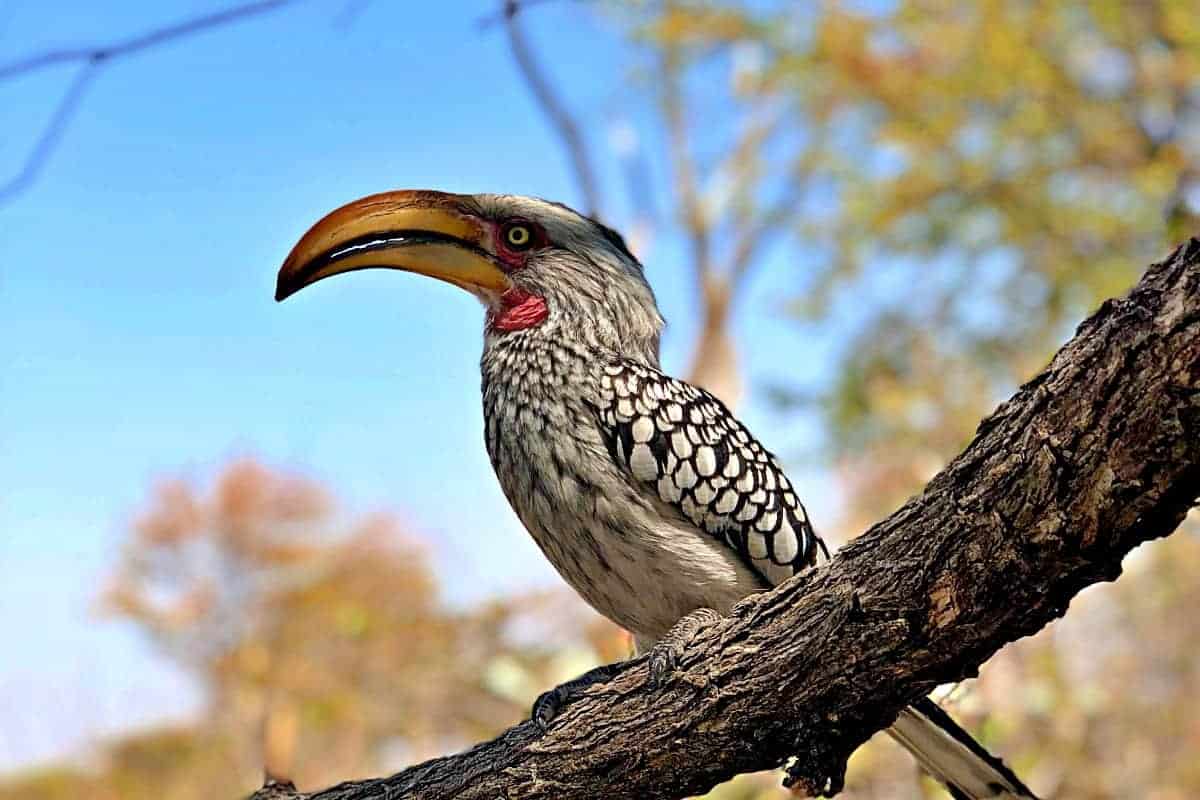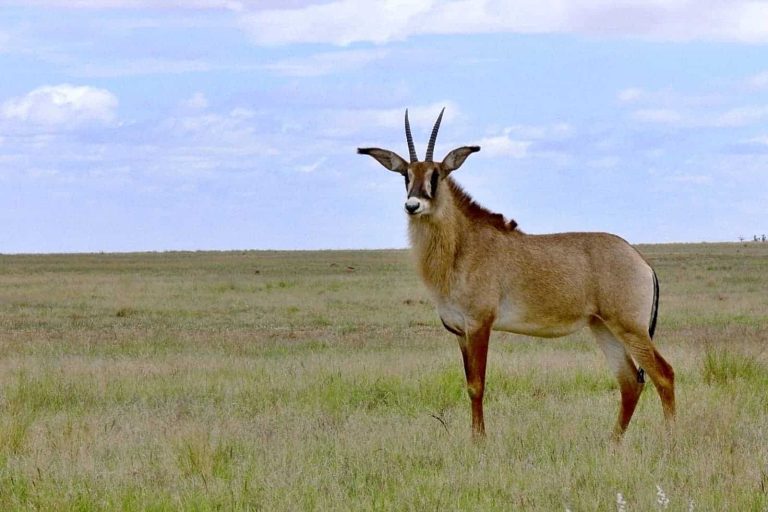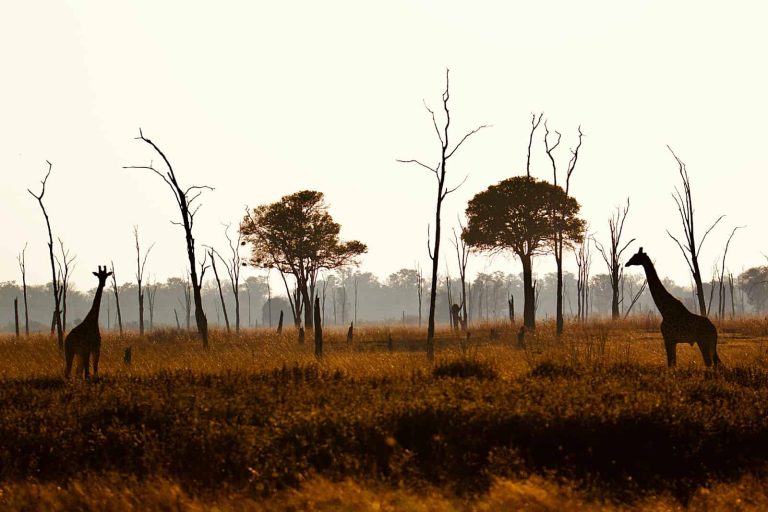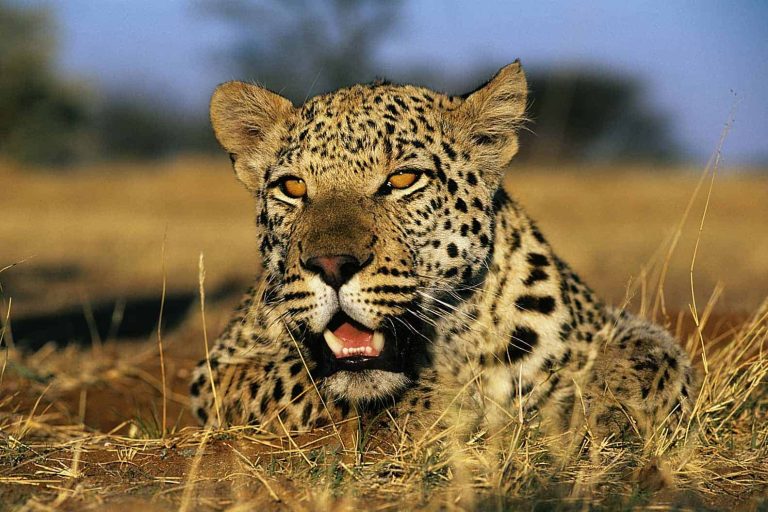Climate change could wipe out southern yellow-billed hornbills in the Kalahari Desert by 2027

A University of Cape Town (UCT) study set out to investigate the effect of climate change on the breeding success of southern yellow-billed hornbills in the Kalahari Desert found that they could be wiped out by 2027.
The study found that the breeding success of the hornbills collapsed over a decade-long monitoring period (2008 – 2019), corresponding with rapid warming due to climate change. During the monitoring period, sub-lethal effects of high temperatures, including compromised foraging, provisioning, and body mass maintenance, reduced the chance of hornbills breeding successfully or even breeding at all.
“These temperature effects occurred even in good rainfall years,” said Nicholas Pattinson, a researcher at UCT’s FitzPatrick Institute of African Ornithology.
“While drought did negatively affect breeding success, our findings suggested that the rapid warming in the region was responsible for the collapse in breeding success: temperatures have been rising but drought return rates have remained stable in this area.”
The hornbills have an incredible breeding strategy, whereby the female actually seals herself inside the nest and moults all of her flight feathers. This strategy helps them avoid predation, and while it is common to many hornbills, it is a truly remarkable method of breeding.
Writing in the Frontiers in Ecology and Evolution journal, Pattinson said the study supports the proposition that even in the absence of large-scale mortality events associated with heat waves, cumulative sub-lethal consequences of increasing temperatures can and will likely cause population declines and even local extinctions.
Pattinson and his colleagues were surprised by how rapid climate warming acted so quickly on the breeding success of the hornbills.
“Within just a single decade we see a collapse in breeding success, correlating to the warming in the region and related to the inability of the hornbills to breed successfully at high temperatures. The most surprising thing is the finding that the hornbills, as we were monitoring, were fighting extirpation,” he said.
Commenting on the findings, Pattinson said there is rapidly growing evidence for the negative effects of high temperatures on the behaviour, physiology, breeding and survival of various bird, mammal, and reptile species around the world.
“Heat-related mass die-off events over the period of a few days are increasingly being recorded, which no doubt pose a threat to population persistence and ecosystem function,” he said. A team of researchers monitored the breeding of a population of the hornbills breeding in nest boxes at a study site in the Kalahari Desert from 2008 to 2019. They analysed the breeding success at the scale of entire breeding seasons and individual breeding attempts within seasons and correlated those with weather variables. The team also analysed South African Weather Service data for the Kalahari region to look at long term temperature and rainfall patterns to determine the onset and rate of warming due to climate change.
Out of the 118 breeding attempts the team monitored over the decade period, not a single attempt succeeded where the average air temperature during the attempt was equal to or greater than 35.7 °C. According to Pattinson, this shows a clear, dramatic negative effect of high temperatures on the breeding success of the hornbills.
“Current climate change predictions make it very unlikely that hornbills will persist across the hottest parts of their range even over the next decade. However, if they are going to occur anywhere across their current distribution in the future, the temperatures will have to remain below this threshold of 35.7 °C during their breeding,” he said.
This study may be about the hornbills in the Kalahari Desert, but it is relevant to people and systems worldwide, said Pattinson.
“Much of the public perception of the effects of climate change is related to scenarios calculated for 2050 and beyond. This renders the concept of the effects of climate change abstract to much of the general public not directly affected by extreme weather events, given that the effects are considered to concern future generations,” he said.
—
Issued by: UCT Communication and Marketing Department
Photo: Marc/Unsplash






